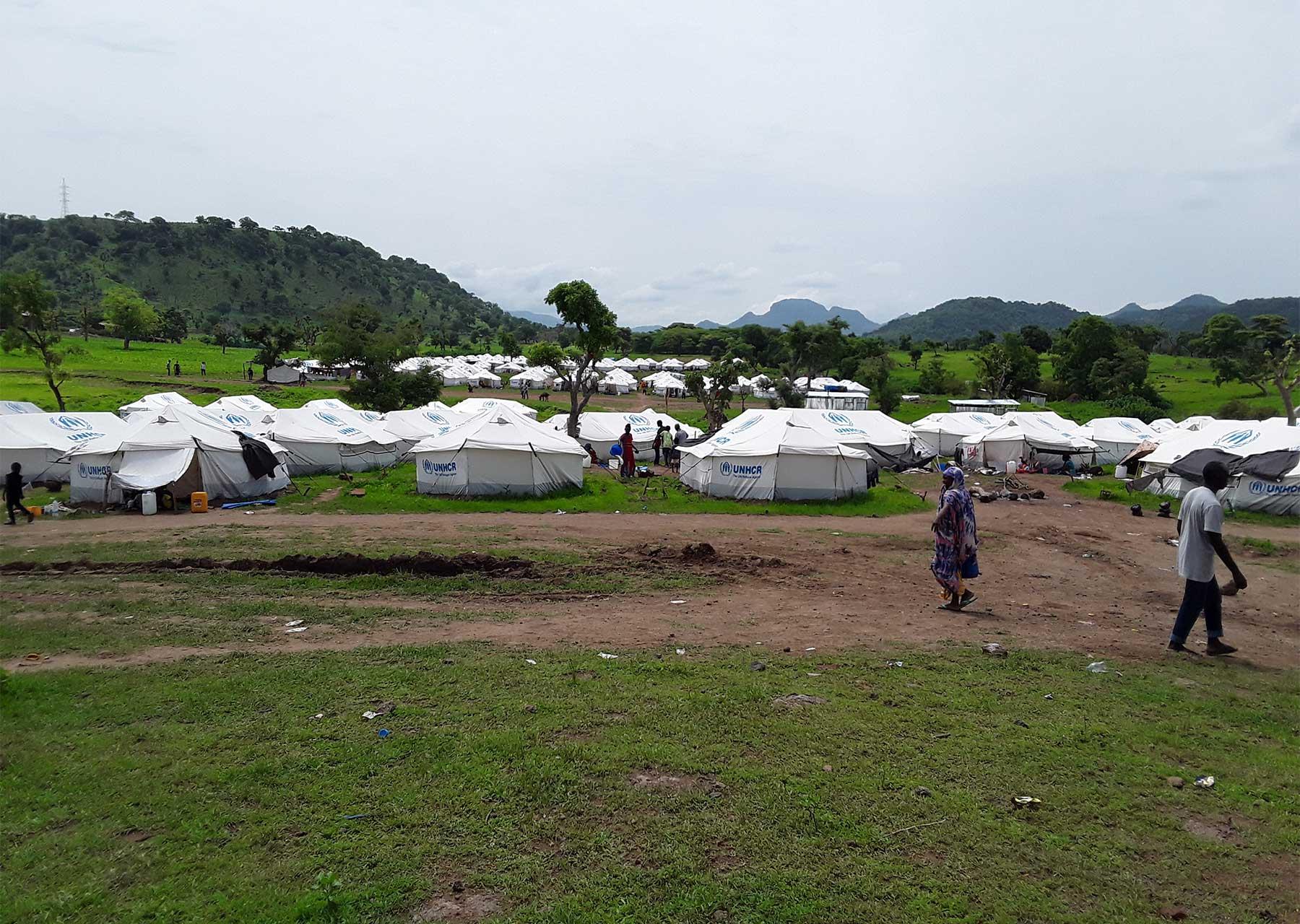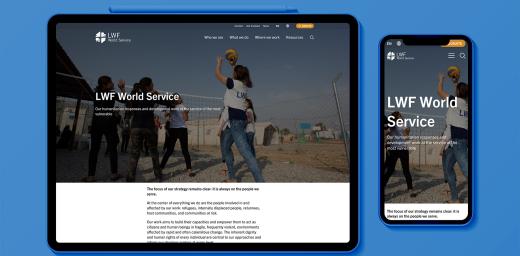LWF staff attend high level donor conferences for Sudan and Ethiopia
LWI - LWF staff have attended high-level donor conferences for two of the most underfunded humanitarian emergencies.
From 15-17 April, LWF Global Humanitarian Coordinator Allan Calma participated in the International Humanitarian Conference for Sudan and Neighboring Countries in Paris. "Only five percent of the humanitarian response plan (2.7 billion Euro) for Sudan have been funded," Calma said. "We have experienced that in our work." LWF country programs have supported Sudanese refugees and returnees in the border areas of Chad, Ethiopia, and South Sudan. Their work is constrained by too little financial support.
The LWF country programs in neighboring countries provide water and sanitation, emergency shelter, food, and protection services to refugees. Since the conflict began on April 15, 2023, almost 15,000 people have been killed, and more than 8.2 million have been displaced, giving rise to the worst displacement crisis in the world. Many are women and children who have seen or experienced atrocities, including sexual and gender-based violence, abuse, and exploitation. The fighting regularly also spills over the border into Chad, putting the LWF humanitarian staff at risk and endangering the implementation of humanitarian aid.
At the conference, governments pledged 2.1 billion Euro, which covers about 77 percent of the appeal.
"True consequences of underfunded response"
On April 16, LWF Country Representative in Ethiopia, Sophie Gebreyes, spoke at the Ethiopia Pledging Conference in Geneva, Switzerland to raise awareness around the ever-increasing humanitarian needs and the bleak funding outlook for 2024.
Gebreyes spoke as a representative of all International Humanitarian Organizations working in Ethiopia and their 20,000 mostly national staff, including colleagues from the LWF Ethiopia country program.
"Many are part of the communities they serve, witnessing the stark realities of unmet needs in an emergency setting," she said. It is our staff who must sit down with communities and explain to them that despite their struggle to meet their most fundamental needs, there is nothing for them."
The multifold crisis in Ethiopia makes it one of the most dangerous working environments for humanitarians. Gebreyes spoke about risky travel to remote communities, carjackings, kidnappings, and even loss of life.
Communities do not want to rely on humanitarian aid
Sophie GEBREYES, LWF Ethiopia Country Representative
Gebreyes added that the situation takes a toll on the physical and mental health of humanitarians. With the right funding, they would be able to invest in early recovery. "We could rehabilitate water points instead of costly water trucking," Gebreyes said. "Communities do not want to rely on humanitarian aid."
The conference target was to raise USD 1 billion, a third of what is needed to respond to the multiple crises in the country in 2024. The UN-backed humanitarian response plan for 2024 for Ethiopia is USD 3.24 billion. The donors pledged 630 million USD in total. The event was interrupted by protesters, who drew attention to the violent conflict in the Amhara region, where hundreds of thousands are being killed, injured, and displaced.




